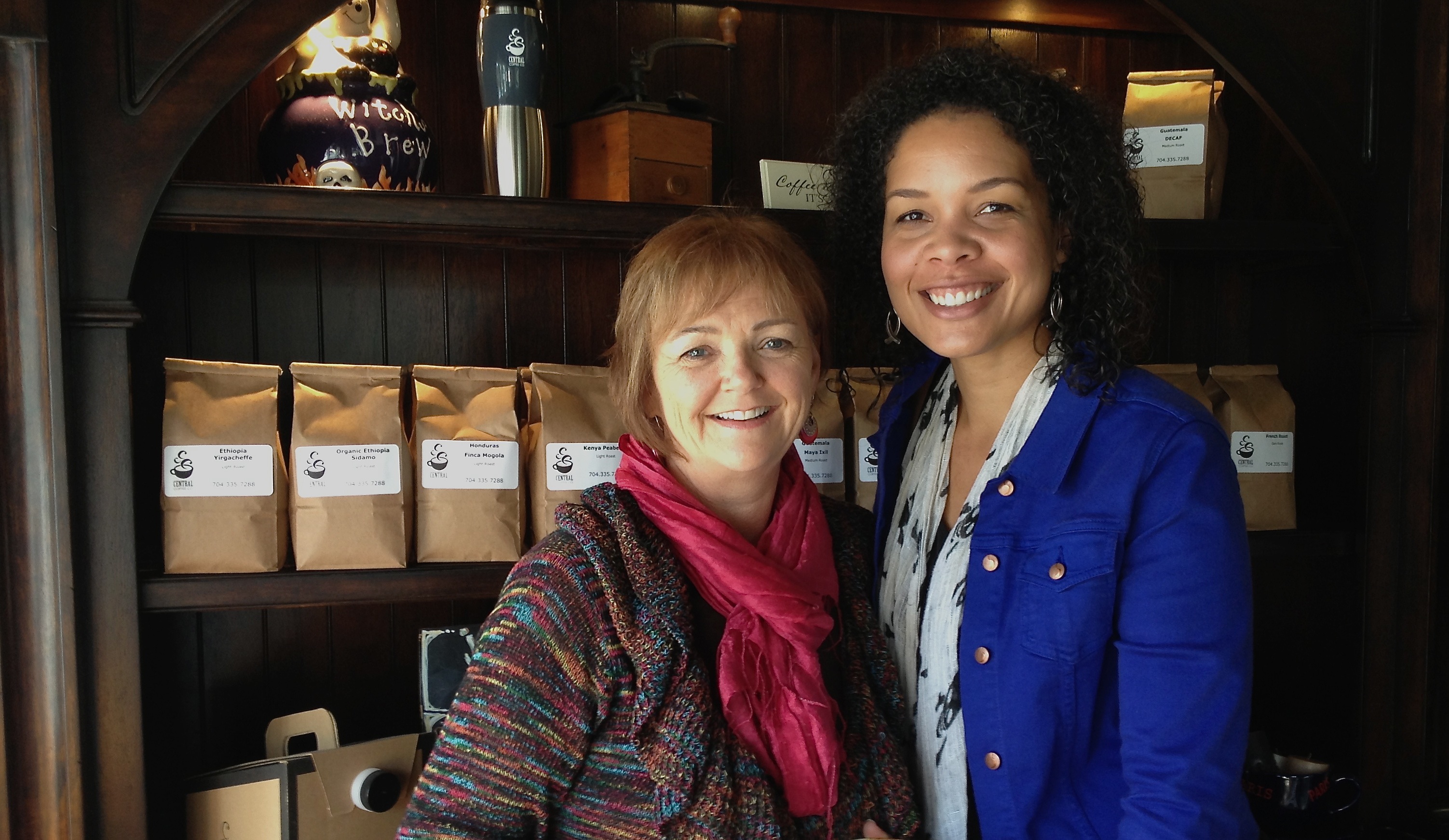Death is the end of life – often a difficult topic to discuss. UNC Charlotte Professor Jillian Tullis is working to change that.
Tullis uses her personal experiences, combined with the experiences and knowledge she has gained working with hospices and cancer centers, to improve the ways people view and communicate about death.
“Attitudes about death vary widely,” said Tullis, a communication studies faculty member in the College of Liberal Arts & Sciences. “On one end of the spectrum are people who are afraid of death. At the other end are those who embrace it, but there are attitudes all along that continuum, and those attitudes influence how society communicates.
“Death used to be viewed as a natural part of life, and we are much more removed from it today,” she said. “There is some evidence that this is changing, but the only way to bring death back into our day-to-day lives is to talk.”
Tullis defines communication near the end of life as those interactions – verbal or nonverbal – that occur when one knows or suspects someone is going to die. These are precious and sacred moments.
Tullis’ interest in communication near the end of life stems from her compassion and her early childhood experiences. Tullis observed how her family members avoided communicating about death. This silence eventually led to Tullis’ curiosity about how people address serious illnesses like cancer, the dying process, and death.
“I wondered then why there wasn’t much talk about what was happening,” she said. “I understand that better now, in part because I’m an adult and not a child or a teenager, but also because of my studies and research interests. But despite all that we know about illnesses and dying, I still see people suffering when someone they love is dying or when someone has died.”
To facilitate discussions about death and grief, Tullis hosts events called Death Café, working with Lyndall Hare of The Respite: A Centre for Grief and Hope. These events offer a place where strangers come to talk about death and grief while they sip tea and eat cake. The goal ultimately is to help people make the most of their finite lives.
“The conversations that take place [at the Death Café] are important and helpful,” Tullis said. “The people who attended the inaugural gathering in Charlotte were eager to talk and felt that there is too much silence around dying and death. As a result of this silence, people feel isolated when death touches them.”
Tullis’ involvement with the Death Café movement and her work with hospice and other health organizations enhance her abilities as a researcher and teacher. Tullis teaches classes on the subject of health communication – a sub-field within communication studies. She primarily teaches communication theory and health communication courses that focus on spirituality and culture – both of these influence how people communicate about health.
Tullis has volunteered with Hospice and Palliative Care Charlotte Region since 2010. In her work with hospice Tullis interacts with people with terminal illnesses and their families. Volunteering allows her to provide her students with real-life examples and to demonstrate how theory and practice sync. Tullis brings the information from her research experience into the classroom so the students grasp the theoretical and the pragmatic aspects of the health communication topics.
Community provides the focus for Tullis’ teaching. In her classes, she strives to create a community where students know each other’s names and really interact. Students can draw from other people’s experiences, just as Tullis does in her research. Tullis uses peer review along with class activities to help her students develop a sense of community.
Her close work with dying people has broadened her perspective. “Volunteering with hospice makes me a more compassionate person, which I think makes me a better teacher,” she said.
Tullis’ interests have influenced her teaching and research, while leading her to encourage people to talk about their wishes with loved ones.
“These conversations are perhaps the best way to make sure wishes are honored,” she said. “If you want to be an organ donor or don’t want to be hooked up to life support, it’s best to tell someone. Not only does this ensure that your individual wishes are met, but it can help family members if they should ever need to make a decision on our behalf.”
Other major areas of Tullis’ research and advocacy focus on involving health care providers in end of life conversations. More money is spent at the end of a person’s life than is spent in all previous years of a person’s life. Why this is the case is multifaceted, but one aspect Tullis has focused on is the role of health care providers, especially physicians.
“Through my research and volunteering, I’ve seen and heard too many stories of individuals who didn’t understand that treatment would not extend their lives or that they or their loved one is dying,” she said. “In light of all the knowledge we have of disease processes and medical technology, this should happen far less frequently and I believe communication is key.”
Tullis is currently working with a hospital and two hospices to understand how chaplains identify and assess spiritual pain in their patients. Early findings suggest that future insights will enable Tullis to continue on her path of helping people who are dying and those who love them.
Words by: Asia Dacosta
Image by: Brad Townsend. Shown are Tullis (right) and Hare.








